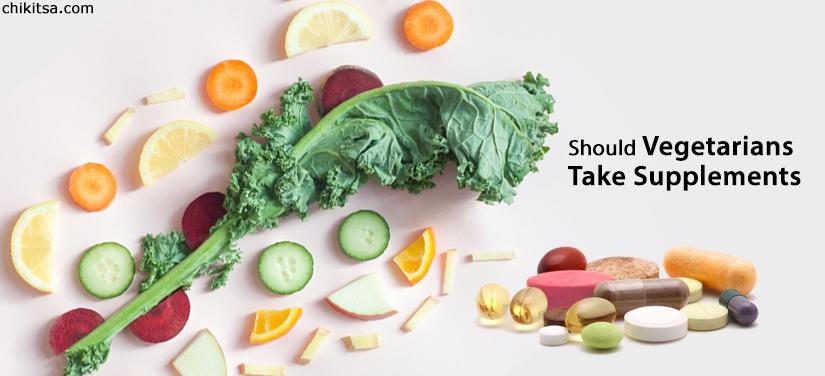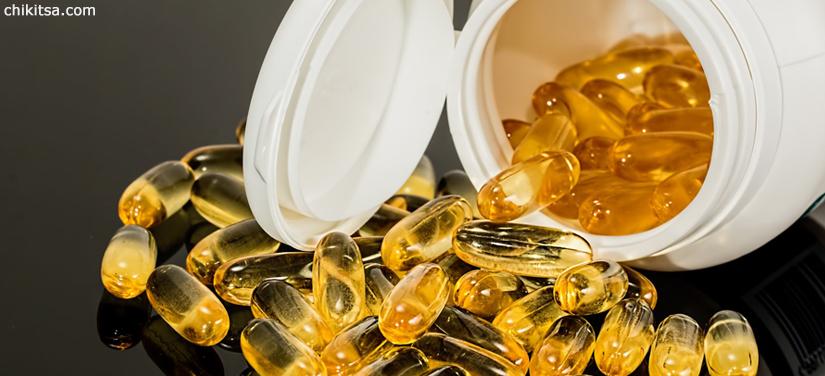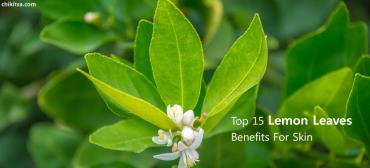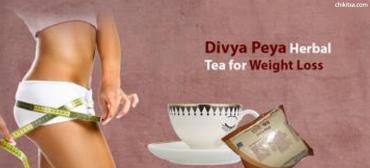Should Vegetarians Take Supplements?

To begin with, vegans and vegetarians don't eat red meat, fish, poultry or animal by-products such as gelatin. Most veterinarians eat a diet composed of grains, nuts, fruits and vegetables, seeds, eggs, and dairy products. To some vegetarians known as vegans, they don't eat dairy, eggs, or any other animal products. Being a vegetarian is good, but it poses a question, do vegetarians really get all the nutrients required for a balanced diet? If not, should vegetarians take supplements? In this article, let's discuss more some of the supplements that vegetarian should consider adopting for overall body health.
Should Vegetarians Take Supplements
First, the amount of nutritional advice that's available for vegetarians is overwhelming. But with precise supplementation and proper planning, a plant-based diet can offer all the necessary nutrients that your body needs. In fact, according to a study by the Harvard Medical School, a vegetarian diet has the potential to reduce the risk of suffering from chronic diseases such as heart attack, Type 2 diabetes, and cancer among others.
According to research, with a proper understanding of what makes up a balanced and healthy vegetarian diet, you can acquire all the necessary nutrients needed by your body without the need for supplements, However, if you don't plan your vegetarian diet properly, you can miss out on some essential nutrients. Every committed vegetarian must pay close attention to seven key nutrients. This is to ensure that the plant-based diet is as well a healthy one. This means that regardless of the kind of food you practice, you should focus on getting enough calcium, zinc, protein, alpha-linoleic acid, vitamin D and B12, riboflavin, and iron.
Why Supplements Are Recommended
Usually, plant-based diets offer tremendous benefits including reduced risks of cancer, heart disease, obesity, dementia, and much more. However, due to the realities of the modern era, many vegetarians are not able to get specific nutrients from plants. Failure to which, they can suffer serious health consequences. This is because all those nutrients are optimal for overall health.
Therefore, if your vegetarian diet isn't supplying those nutrients consider finding another healthy source after you start your plant-based diet. Actually, for some groups, supplements are recommended. For instance, women require more iron content as compared to men what to do if you decide to take supplements.
Nutrition Tips For Vegetarians
Usually, no two plant-based diets are exactly the same. In fact, every aspect of your lifestyle can influence what supplements you should include in your diet. Therefore, it's vital to be thoughtful about your day to day nutrition. For instance, deficiency of vitamins in your body can have long-term effects on your health.
If not sure what supplements to take, consider consulting a physician to make sure you are taking the right supplements that complement with your diet as well as lifestyle. If you face any side effects of the supplements, consider talking with your doctor for better and effective suggestions. In fact, your doctor can offer you a wide range of information including the multivitamin suitable for vegetarian.
What Happens If Vegetarians Don’t Take Supplements?
Some vegetarians don't have to take supplements if at all they meet all the required nutrients. Otherwise, they may suffer from serious health complications for lacking crucial nutrients. Below, let's discuss some of the supplements vegetarians should have.
Best Supplements For Vegetarians
Vitamin B12
Vitamin B12 is mostly considered a mild boosting supplement. It's crucial in our bodies as it's responsible for cell metabolism, the formation of red blood cells, supporting the brain function, as well as DNA synthesis. Vitamin B12 is generally found in animals products. For instance, according to a 2013 study by the American Journal of Clinical Nutrition, it revealed that 92% of the vegans who didn't take supplements had a B12 deficiency. This means that if you don't animal products such as dairy, fish, and eggs, you should consider supplementing with Vitamin B12.
Vitamin D
Vitamin D is very vital in the body. It plays crucial functions such as supporting the regulation of hormones, supporting calcium absorption, and maintaining the immune function. If you are based on a plant diet and you get enough sunlight, there is a chance that you are getting enough vitamin D.
According to a 2009 study by the Archives of Internal Medicine, it revealed that 77% of U. S adults and teens were deficient in vitamin D. Bearing in mind that vegetarians have fewer options for foods that have vitamin D components, they should consider taking Vitamin D supplements. Also, they can consider taking fortified cereals and grains as their primary source of vitamin D.
Omega-3s
According to research, vegetarians are said to have low amounts of these essential fatty acids. One common source of omega-3s is fish oil. For those vegetarians who don't take fish, they should consider adding other sources of omega-3s foods such as Chia seeds, flax seeds, olive oil, algae oil, walnuts, and hemp seeds among others.

Calcium
Calcium is a significant component in the body. It's particularly vital in maintaining healthy bones throughout your lifetime. Calcium sources include dairy, leafy, and turnips. If you are concerned about not taking enough calcium to consider calcium supplementation. Otherwise, you may suffer from weak bones. Calcium supplements
Zinc
Your body uses zinc for supporting the immune function and for cell metabolism. Your body cells depend on the iron to regulate, replicate, proliferate and differentiate. Usually, zinc plays a role in everything your body cells do. Therefore, its dosage is vitally important. However, make sure you don't overdo it as it could interfere with the absorption of other vital minerals such as copper and iron.
Iron
Iron is another vital mineral in the body that aids in the transportation of oxygen and nutrients to the body cells. As for heme iron, it can be obtained from animals sources. The non-heme iron is found in plants. In case your iron levels are low, iron supplements can help. Remember, too much of iron can result in adverse effects such as nausea and vomiting. Beans, dairy, leafy green, artichokes, and egg yolks are some of the best foods for vegetarians.
Conclusion
A diet comprising of whole-plant foods can give you an abundance of most of the macronutrients and micronutrients you require to thrive. However, you still need to supplement with a few nutrients. For instance, supplements for vegan athletes are essential bearing in mind all the physical activity they have in their schedules. Furthermore, taking supplements is easy as compared to the cost of health complications you can risk for not having enough nutrients.
If vegetarians are unable to meet their daily dietary nutrients recommendations, then they seriously should take supplements. Still, it's highly critical to speak with your doctor before starting any supplement regime.








